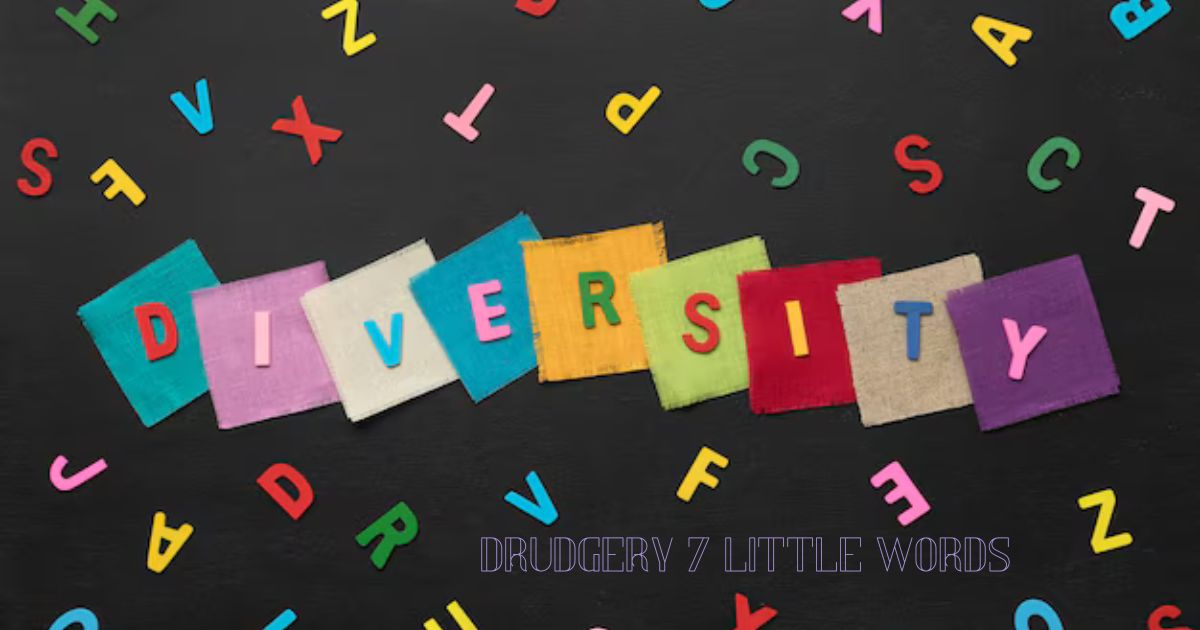“Drudgery” is one of those words that conjures a vivid image in your mind. It evokes a sense of relentless, monotonous, and often physically or mentally exhausting labor. Drudgery is not just about hard work; it’s about the nature of the work itself — tedious, dull, and soul-sapping. Drudgery, defined as tedious, monotonous work, often challenges players in word games like 7 Little Words. This popular puzzle game frequently uses drudgery-related clues, testing players’ vocabulary and problem-solving skills. In this article, we explore drudgery’s meaning, its role in word puzzles, and answer FAQs about both Drudgery 7little words
Drudgery in 7 Little Words
In 7 Little Words, clues hinting at drudgery often involve synonyms like “tedious work,” “monotonous task,” or “endless grind.” The challenge for players lies in recognizing that the clue points to a word describing this tiresome labor. Since 7 Little Words tests vocabulary and lateral thinking, understanding words like “drudgery” and their associated meanings becomes crucial for solving puzzles efficiently.
Drudgery in the Context of 7 Little Words
7 Little Words is a word puzzle game where players must identify seven words from a list of clues. Each clue is designed to lead players to a word that fits the pattern of the available letter tiles. The game challenges players to think laterally, using synonyms and definitions as hints to discover the correct word. “Drudgery” can often be a clue or an answer in such games. For instance, the clue might be phrased as: “Monotonous labor” “Hard, tedious work” “Exhausting grind”The challenge for players is to recognize that these descriptions, though not using the word “drudgery” itself, are alluding to the same concept. This is why it’s crucial to have a good grasp of synonyms and related phrases when playing.
Why Does Drudgery Matter?
Understanding the concept of drudgery is important not only in the context of word games but also in life. Recognizing drudgery in your own tasks can be the first step toward making changes, whether that means delegating repetitive tasks, seeking more fulfilling work, or finding ways to make routine tasks more enjoyable. In a broader sense, drudgery touches on the human experienceToday, with the rise of automation and technology, there are efforts to reduce the need for humans to engage in such labor. However, for many people around the world, drudgery is still a daily reality.










